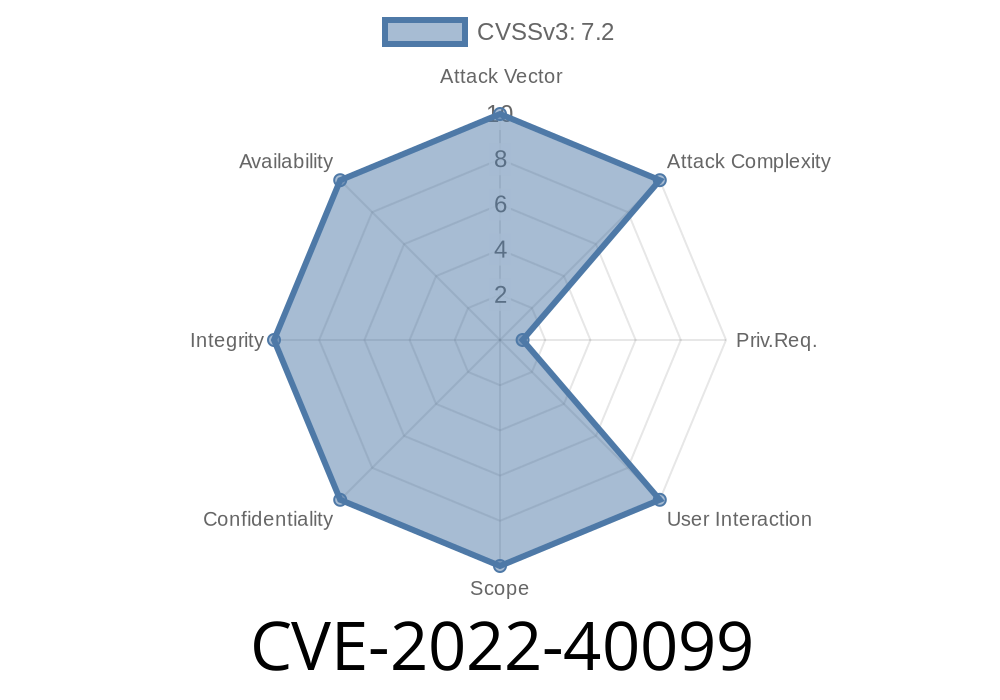An attacker can exploit this vulnerability to inject arbitrary SQL queries into the affected system and obtain sensitive information or even execute arbitrary code.
An attacker can exploit the SQL injection vulnerability to execute arbitrary SQL commands that allow them to manipulate or delete data in the database.
It is highly recommended that you do not click “Update” at /admin/update_expense_category.php, as doing so might put your system at risk of exploitation. Instead, you can redirect the request to another URL of your choice.
What Happens If You Get Vulnerable To SQL Injection?
An attacker with low skill level can exploit SQL injection to conduct SQL injection attack. An attacker with medium to high skill level can exploit SQL injection to obtain sensitive information. An advanced attacker can exploit SQL injection to conduct remote code execution. An expert hacker can exploit SQL injection to cause a denial of service.
How To Mitigate The SQL Injection Vulnerability?
1. Upgrade to v1.0.2 or higher version of the Tour & Travels Management System software.
2. Ensure that the latest version of the software is installed on the system.
3. Update all software installations with the latest version.
4. Apply the patch on the system.
5. Review the code and remove any insecure code.
6. Conduct a code audit and make necessary changes to the code.
7. Enforce the input
SQL Injection Tutorial For Beginners
SQL injection is a type of vulnerability that occurs in the context of a database. This vulnerability allows an attacker to manipulate data within the database without proper authorization or by exploiting known weaknesses that exist in the system. The most common type of SQL injection technique is where an attacker sends or appends data to a query in order to exploit a weakness in the application logic. Injection attacks can be dangerous because attackers can cause significant damage and take complete control over your network, server, or database with minimal skill.
What Are Common Types Of SQL Injection?
There are three common types of SQL injection, each with its own level of severity:
- Structured Query Language (SQL) Injection - When an attacker sends specially crafted SQL queries via URL parameters or form fields to exploit a weakness within the application logic.
- Cross-site Scripting (XSS) Injection - When an attacker injects client-side scripts into web servers, which allows them to send requests back to systems over HTTP requests, such as XMLHttpRequest object.
- Command Line Injection - When an attacker uses commands associated with known vulnerabilities and exploits those commands to execute arbitrary code on the system.
How Can An Attacker Exploit A Weakness With Structured Query Language (SQL) Injection?
To exploit this weakness, attackers typically use one of these methods: 1. Use malformed parameter names 2. Use malformed
Timeline
Published on: 09/26/2022 21:15:00 UTC
Last modified on: 09/27/2022 20:36:00 UTC
